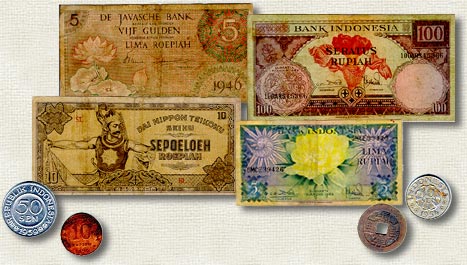|
||||||
|
Money Matters
Chinese Currency
The Chinese
currency is called renminbi (people's currency) and is often abbreviated
to RMB. The basic unit is Yuan. Ten Jiao make one Yuan; ten Fen make one
Jiao. Thus 100 Fen make one Yuan.
Carrying Money
A money belt or pocket sewn inside your clothes is the safest way to carry money. Velcro tabs sewn to seal your pockets shut will also help thwart roving hands. Keeping all your eggs in one basket is not advised - guard against possible loss by leaving a small stash of money (say US$100) in your hotel room or buried in your backpack, with record of the travellers cheque serial numbers and your passport numbers |
|
|
Travellers Cheques
Besides the advantage of safety, travellers cheques are useful to carry in China because the exchange rate is actually more favourable than what you get for cash. Cheques from most of the world's leading banks and issuing agencies are now acceptable in China - stick to the major companies such as Thomas Cook, American Express and Citibank and you'll be OK. However it is only acceptable in the bank instead of shopping centers.
Credit Cards
Credit cards are gaining more acceptance in China for use by foreign visitors in major tourist cities. Useful cards include Visa, Maaster Card, American Express, JCB and Diners Club. They can be used in most mid-range to top-end hotels (three star and up), Friendship Stores and some department stores. Note that it is still impossible to use credit cards to finance your transportation costs; even flights have to be paid for in cash.
Credit card cash advances have become fairly routine at head branches of the Bank of China, even in places as remote as Lhasa. Bear in mind, however a 4% commission is generally deducted and usually the minimum advance is ¡ê¡è1200. |
|

